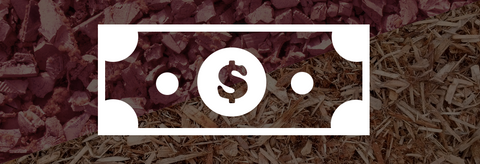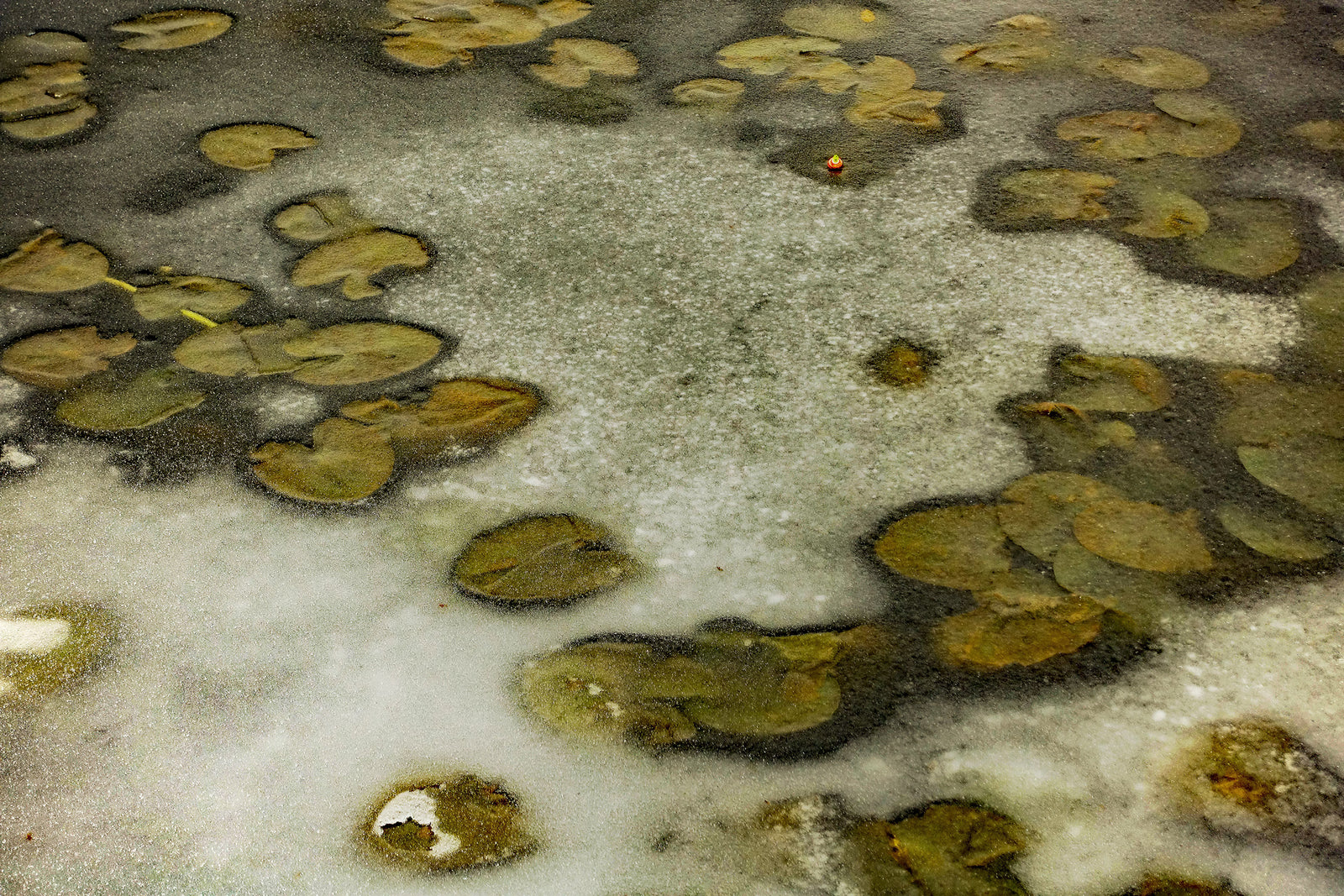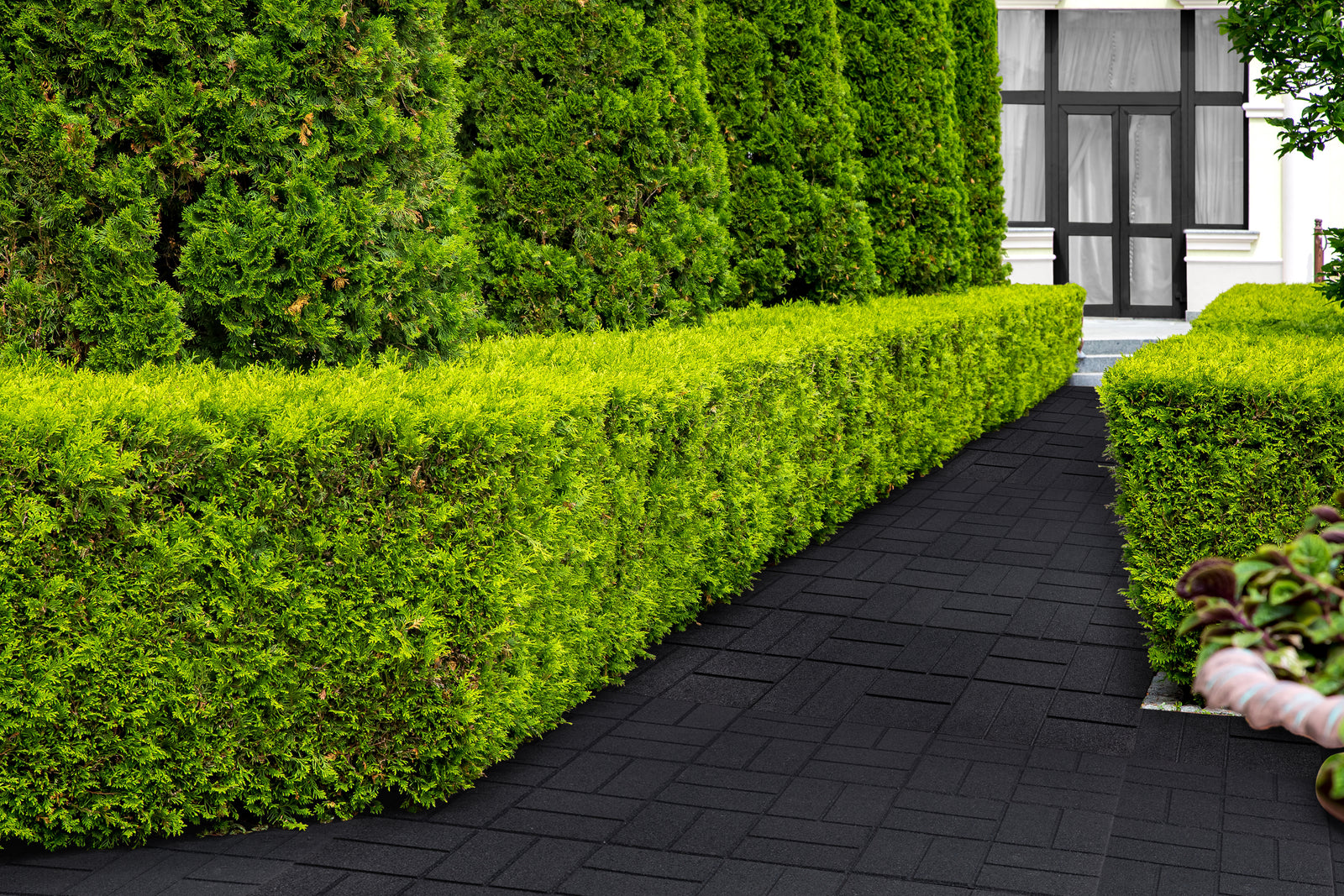November 02, 2023
Why Is Rubber Mulch More Expensive Than Wood Mulch?

What makes rubber mulch more durable compared to organic mulches like wood chips?
Rubber mulch stands out for its remarkable durability, primarily due to its synthetic makeup which resists decomposition. Unlike organic mulches like wood chips that degrade over time, rubber mulch retains its form and doesn't break down. This resistance to rot makes it a long-lasting option, offering a significant advantage in terms of longevity and reducing the need for frequent replacements, thus saving time and resources in garden maintenance.
How does rubber mulch provide better pest control compared to organic mulches?
Rubber mulch is an effective solution for pest control in gardens. Organic mulches, particularly those made from wood, can attract termites and other pests, posing a risk to wooden structures like fences and planters. Rubber mulch, on the other hand, does not appeal to these pests. This quality makes it a more hygienic choice, reducing the need for costly and ongoing pest control treatments.
What are the insulation properties of rubber mulch?
Rubber mulch excels in insulation, providing a protective layer that helps maintain optimal soil temperatures. In colder months, it acts as a blanket, preserving warmth around plant roots. This is in contrast to organic mulches, which often require additional nitrogen for decomposition and may compete with plants for essential nutrients. The insulating properties of rubber mulch contribute to a more stable and conducive environment for plant growth.
How cost-effective is rubber mulch in the long term?
While rubber mulch might have a higher initial cost compared to organic mulches, it proves to be more cost-effective in the long run. Its durability means it doesn't need to be replaced as frequently as organic mulches, which decompose and need replenishment. Additionally, its low maintenance requirements — not attracting pests and resisting weather-related dispersal — add to its economic efficiency, making it a wise investment for gardeners looking at long-term savings.
Are there any environmental benefits of using rubber mulch in gardens?
Rubber mulch offers several environmental benefits. Firstly, it's often made from recycled materials, like used tires, contributing to waste reduction. Its durability means less frequent replacement, leading to lower consumption of resources over time. Also, by providing effective weed control, it reduces the need for chemical herbicides. However, it's important to note that there are debates about the long-term environmental impact of rubber mulch, particularly regarding soil health and potential leaching of chemicals, which should be considered when making a choice
Sources:
- DoItYourself: Rubber Mulch vs. Wood Mulch
- SFGate: Comparison between Rubber Mulch & Wood Chips
- Gardening Stack Exchange: Rubber vs. Wood Mulches

Also in Rubber Mulch Blog

Embracing Eco-Friendliness by Choosing Rubber Mulch for Your Playground
June 17, 2025
“Reuse, Recycle, and Reduce” are three main aims when it comes to preserving the health of our planet. Rubber mulch definitely falls within their scope. Conserving resources, energy efficiency, and better health for kids are all rubber mulch benefits.

Effective Mold and Fungi Prevention: The Hidden Value of Rubber Mulch
October 31, 2024

Create Your Own Sensory Path with Rubber Pavers
October 28, 2024
shop
Copyright © 2026 RubberMulch.com - All Rights Reserved.






